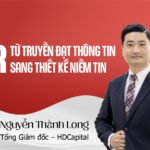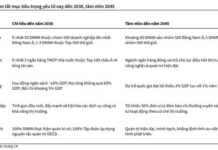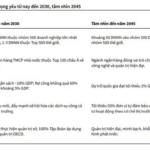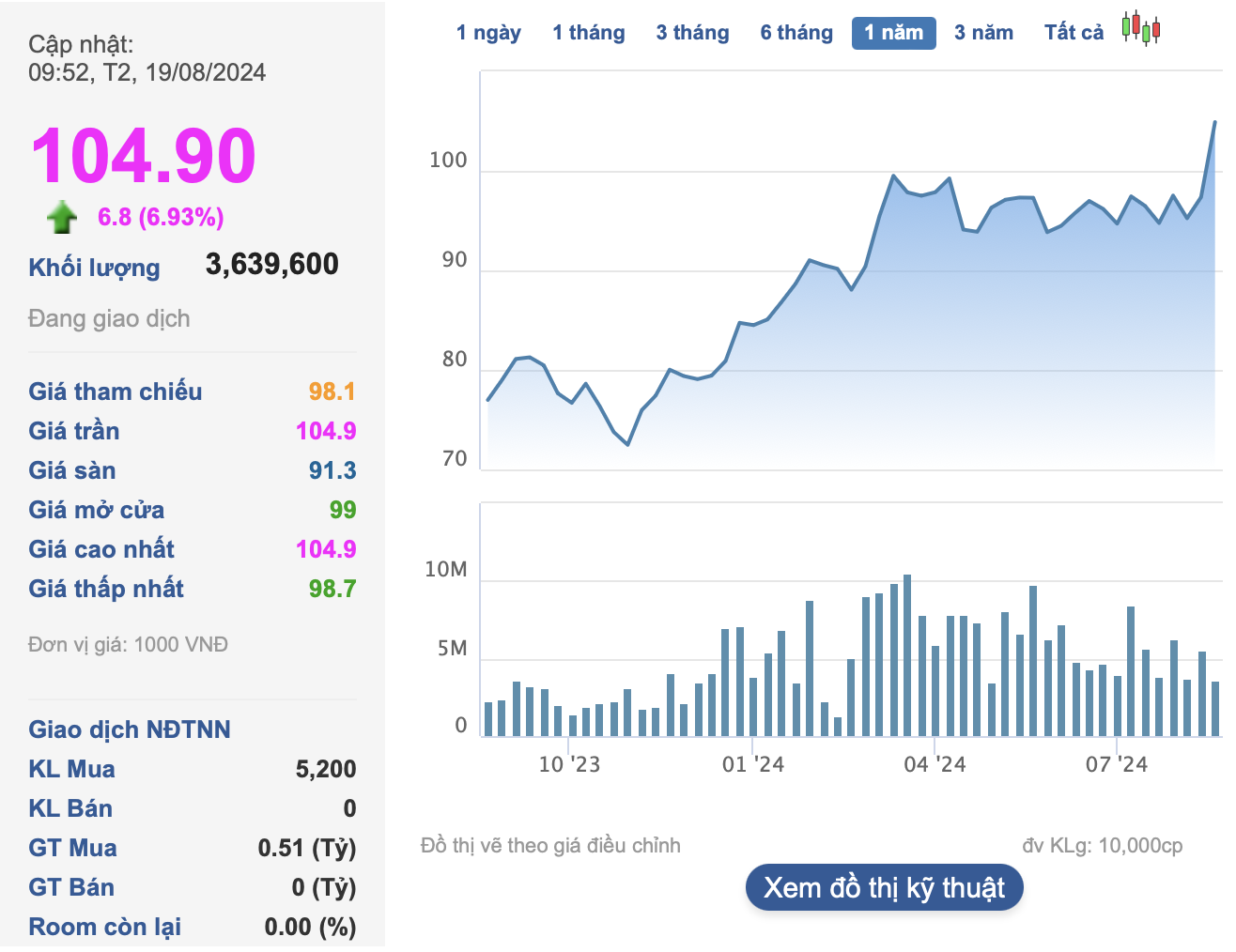
In the digital age, where information is ubiquitous and travels at the speed of light, it’s easy to assume that accessing data is the ultimate goal. In financial markets, with just a few clicks, individual investors can access balance sheets, free cash flow statements, or even internal rumors. Yet, the true value of information lies not in its existence but in how it is received and acted upon. Information may be the foundation, but what drives market-defining movements is a far more abstract concept: Trust.
Without trust, even the most accurate data becomes meaningless, and grand communication strategies or announcements remain hollow formalities. It’s time for a paradigm shift. Investor Relations (IR) must evolve from the mere “delivery of information” to the art of “designing trust”—a process demanding strategic vision, deep understanding, and above all, integrity.
Truth Must Be Paired with Responsibility
In financial markets, truth has two sides. One is quantitative information—tangible metrics like revenue, profit, debt-to-equity ratios (D/E), and return on equity (ROE). These are the familiar language of analysts, investment funds, and trading algorithms. Equally vital is qualitative information—intangible values such as corporate culture, strategic vision, leadership capabilities, business ethics, and brand reputation. Information only realizes its value when these two sides merge, when dry numbers tell a story of depth, and that story is backed by verifiable data.
For information to become the bedrock of trust, it must be crafted and governed by a robust three-tier defense system. The first and most critical layer is the integrity of those creating the information—from leadership and CFOs to IR teams. They must recognize that honesty is not an option but a “long-term profit” in an increasingly transparent world. The second layer is rigorous internal validation—where every report undergoes meticulous scrutiny by audit committees, independent boards, and oversight bodies before reaching the public. The final layer is external, independent oversight, including reputable auditors, professional consultants, regulatory bodies like the Securities Commission and Central Bank, and the critical role of specialized financial media. When these three pillars operate ethically and in sync, information becomes more than a product—it becomes a commitment to the market.
Trust Is a Daily Endeavor
Trust cannot be manufactured through a few ads or a well-organized investor conference. It is the result of consistent, long-term cultivation—nurtured through time, consistent actions, and genuine value. In IR, trust is built when companies willingly disclose unfavorable information, clearly explain strategic shifts, honor even the smallest commitments like dividend schedules, and engage sincerely with all shareholders, regardless of size. Every right action, no matter how small, contributes to the image of a responsible enterprise. Only then will investors entrust their confidence in larger endeavors, such as bond issuances, M&A deals, or leadership changes.
Thus, companies must treat trust as a tangible economic asset, investing in its systematic development rather than viewing it as a short-term crisis tool. Building trust cannot wait until stock prices plummet or capital needs arise. It must be a long-term IR strategy, executed through multiple touchpoints: transparent annual reports, regularly updated corporate websites, two-way shareholder engagement, and proactive public perception shaping via media.
The Market Is an Ecosystem of Trust
One of the most harmful misconceptions is that investors care only about numbers. In reality, savvy investors value risk management, transparency, and leadership vision as much as EPS or P/E ratios. A strong stock isn’t necessarily the one with the highest profits but the one balancing information risk and growth potential. In essence, companies aren’t just selling products or shares—they’re selling their reliability.
In this ecosystem, if companies are the builders, regulators are the planners, licensors, and safety overseers. Disclosure rules, audit standards, and bond market regulations form the legal framework protecting market-wide trust.
Looking at enduring successes like Apple, Tesla globally, or Vingroup, FPT, and Vietcombank in Vietnam, their common denominator isn’t technology or scale—it’s the colossal trust capital built with the public and investors. They understand that trust is the ultimate competitive weapon, unborrowed and self-built. Sometimes, trust isn’t born from perfection but from transparency, even in failure.
We’re entering an era where information delivery alone is insufficient. From corporations and financial institutions to policymakers, all must become architects of trust. This isn’t merely a communication task but a new governance mindset—where every decision and action lays the foundation for collective sustainability. After all, information travels in seconds, but trust takes years to cultivate. Markets, ultimately, test not just profits but the character, ethics, and integrity of every enterprise.
Nguyễn Quang Huy – CEO, Department of Finance and Banking, Nguyen Trai University
– 13:04 18/09/2025
Unlocking Economic Achievements: Embracing Opportunities Amidst Challenges
“Vietnam’s economic reforms and progress over the past eight decades have been nothing short of a remarkable struggle. From a nation scarred by war, Vietnam has risen to become a leading economy in the region and beyond.”
“From ‘Messenger’ to ‘Strategic Companion’”
Over the past decade, the role of Investor Relations (IR) in listed companies has undergone a significant evolution. Once considered merely a conduit for information, a logistical arm of public relations or corporate secretarial function, IR has now become integral to strategic planning, not just for the company but also in meeting the expectations and evaluations of institutional investors.
The Art of Survival: VNDIRECT’s Chairman Reveals Secrets for Stock Brokers to Thrive in the AI Era
The future of the stockbroking industry lies in a workforce with a diverse skill set, one that differentiates itself from AI. As per the Chairman of VNDIRECT, employees in this sector must possess critical thinking and problem-solving abilities, emotional intelligence, and a systems-thinking mindset.
The Korean Stock and Currency Conundrum: A Night of Strategic Manoeuvres
The South Korean Finance Ministry has announced it stands ready to inject “unlimited” liquidity into the financial markets following President Yoon Suk Yeol’s decision to lift a decades-long military curfew, sending the won to its weakest level in years. In a new development, the office of the South Korean President announced that all of Yoon’s senior aides had offered to resign.




















